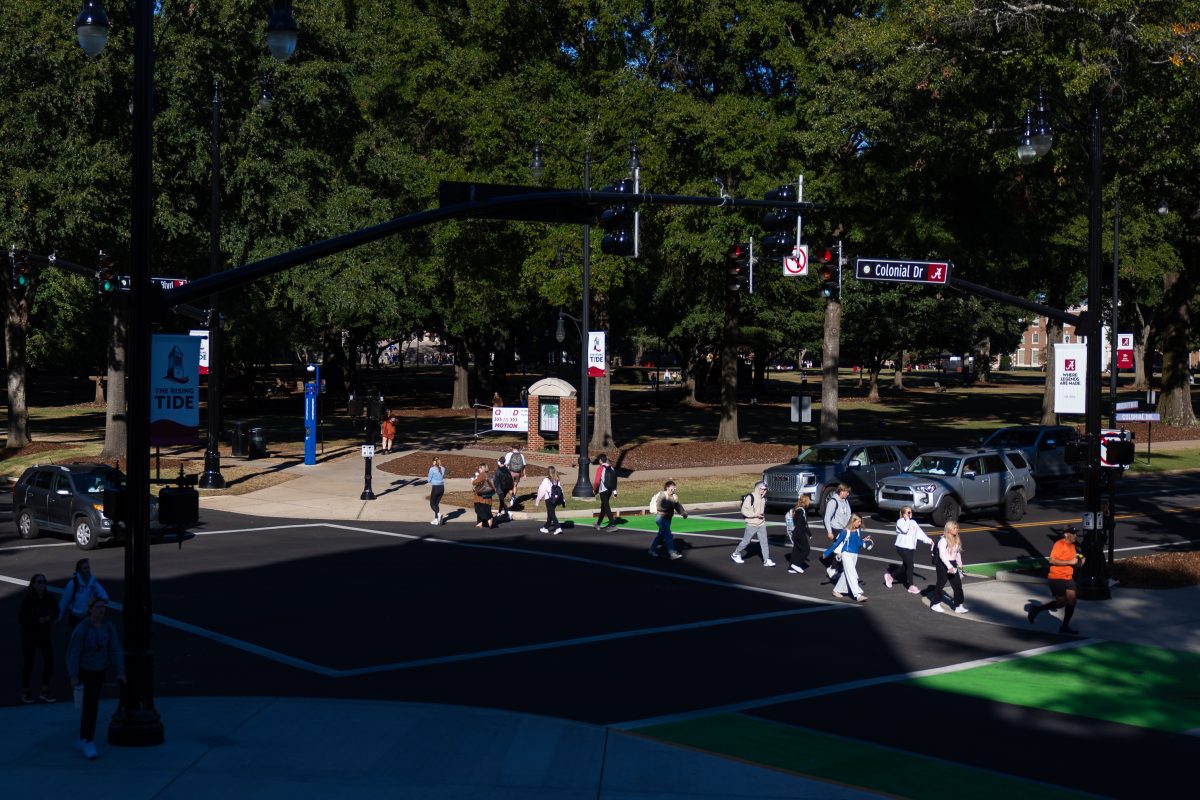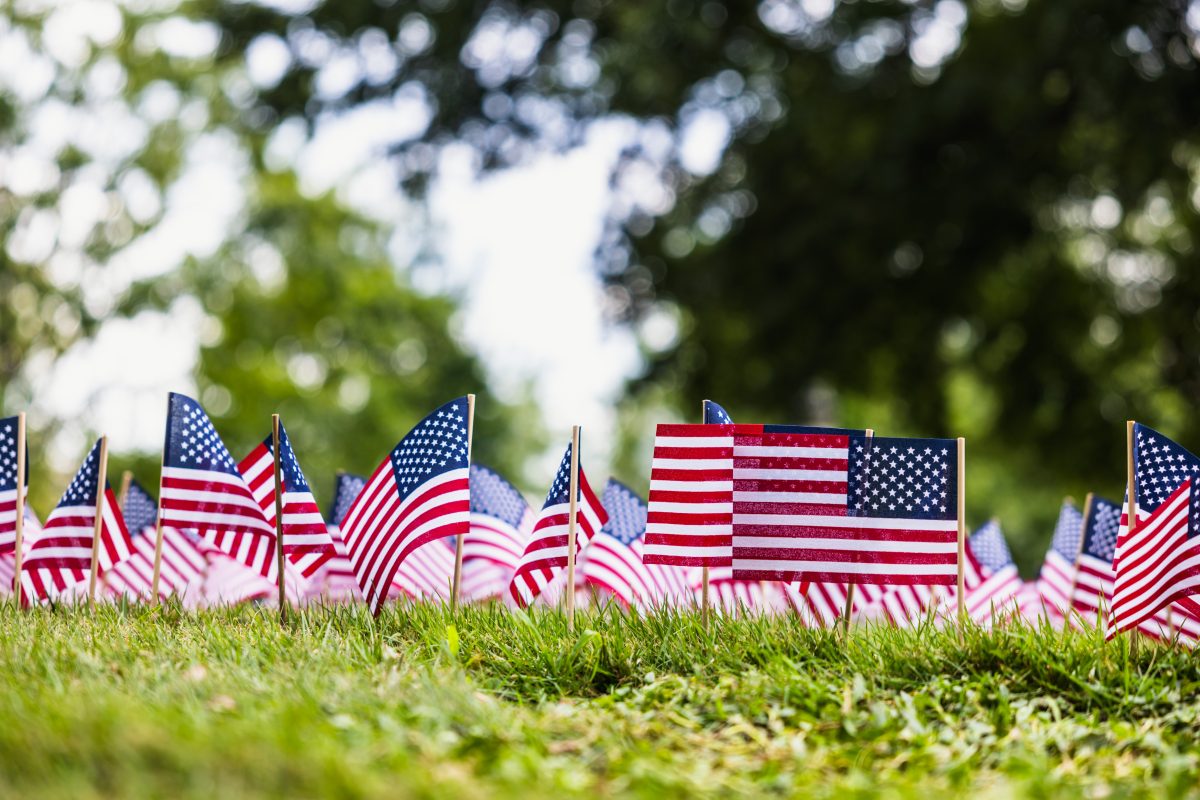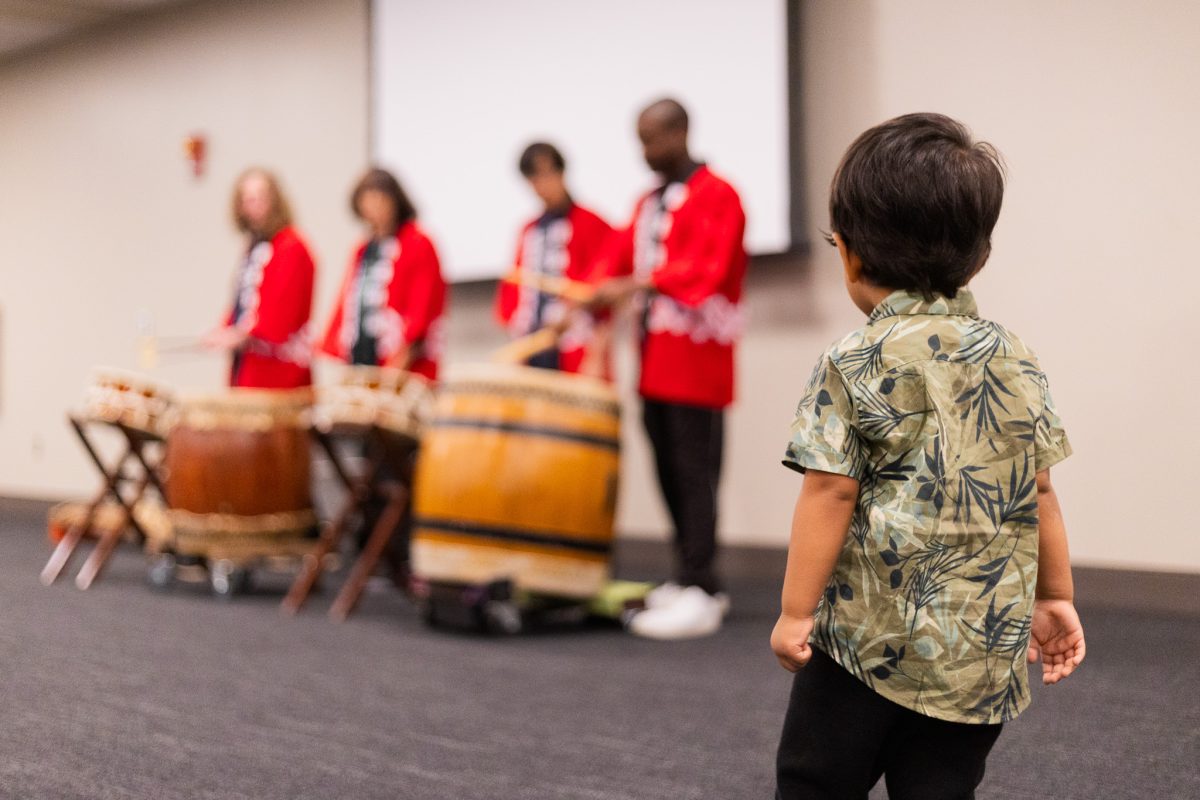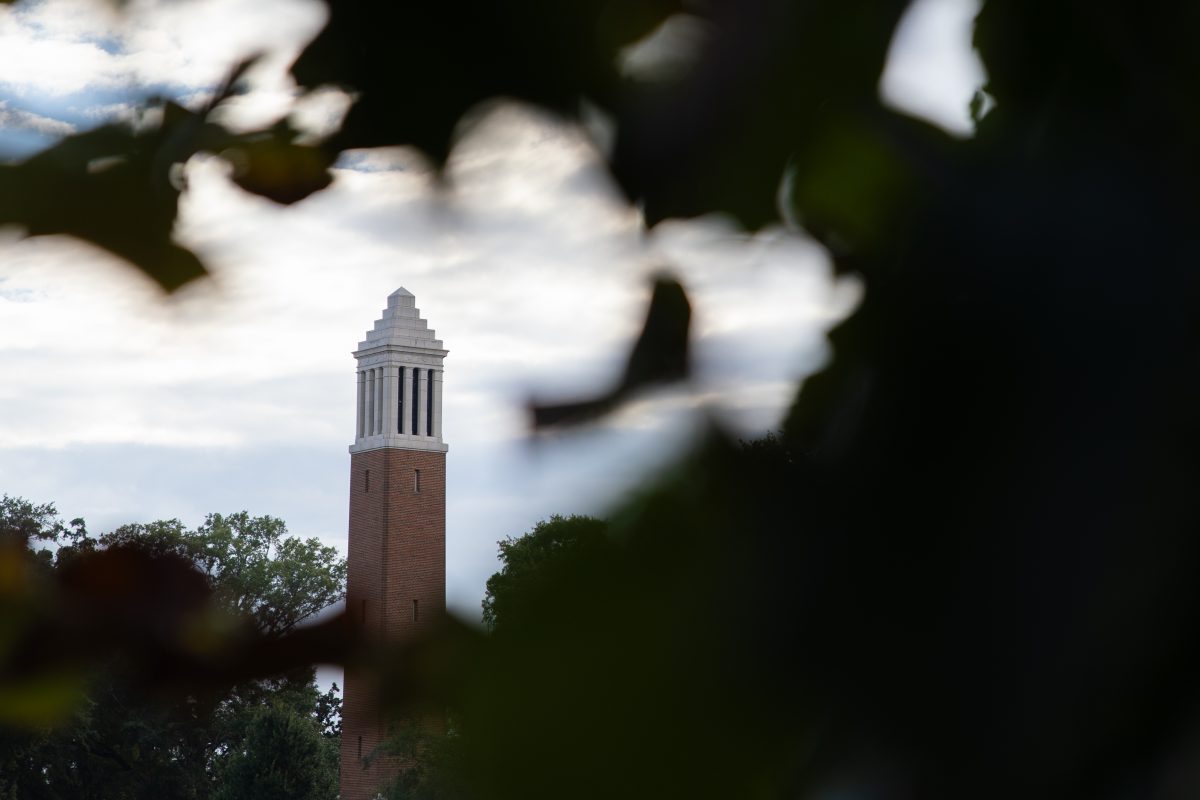The rate of sex crimes reported annually to the University of Alabama Police Department rose from 2022 to 2023.
This fall, the UAPD released its Annual Campus Security and Fire Safety Report. The report details all crimes and fires reported in the 2022-23 school year and compares it against data from the past three years.
Dating violence, burglary and liquor law violations all went down between 2022 and 2023. However, cases of rape went up from 27 in 2022 to 31 in 2023.
With an 850% increase, the most notable change between 2022 and 2023 was the dramatic uptick in fondling cases. 19 cases of fondling were reported to the police in 2023, compared to two cases in 2022.
“It’s speculative as to why there is an increase in fondling reports, but the University has a number of ways to report and access resources for victims that are increasingly being used,” Alex House, Associate Director for Media Relations for the University said in an email.
The increase is in line with a trend of increasing reports of campus sexual offenses. Between 2011 and 2021, sex crimes reported on college campuses more than tripled, according to the National Center for Education Statistics. In 2011, the number of on-campus forcible sexual crimes reported was 2.2 per 10,000 students, which grew to 7.5 in 2021.
More than one in four college undergraduate women reported experiencing nonconsensual sexual contact by physical force or inability to consent in a 2019 survey of 21 universities by the Association of American Universities, a group of 71 research universities.
At the University, crime that was committed in residence halls decreased in cases of burglary and nonsexual crimes but increased in cases of sex crimes. In 2022, 24 out of 27 reported rapes occurred in residence halls, but in 2023 all 31 reported rapes occurred in residence halls, where the majority of residents are freshmen.
Mary Foster, a sophomore majoring in public relations, said she believes that reporting rates of certain sex crimes may be increasing because of a collective shift in mentality regarding sexual assault.
“I think there might actually be a revolution of people admitting to being affected by these cases. It’s a ‘me too’ kind of thing,’” Foster said.
Addison Ratliff, a freshman majoring in political science, had the same reasoning.
“With the ideas of rape and sex crimes and women’s health in general being so politically prevalent, women are feeling more empowered to speak up about these things,” Ratliff said.
However, students aren’t quick to attribute all of the increase in sex crimes to more empowered reporters. Some believe that the University has created an environment where sexual assault and harassment is likely to occur.
“I feel like just for the two months that I’ve been here I’ve seen whippets [nitrous oxide] on the ground and so many people passed out,” Ratliff said. “Alcohol and drugs, although they don’t always lead to bad things, can definitely enable things like sex crimes, especially when girls are getting roofied, which is something that we’ve also seen on this campus.”
While UAPD said that more sex crimes are being reported, it emphasized that not all cases in the Campus Security and Fire Safety Report were pursued by the police.
“The numbers include allegations that may be part of an inconclusive, unsubstantiated or incomplete investigation,” the UAPD said in an email.
Sexual assault and harassment are some of the most underreported crimes that occur, especially on college campuses. 80% of rape and sexual assault violations against female students went unreported to police between 1995 and 2013, according to the Bureau of Justice Statistics.
The Tuscaloosa SAFE Center is a 24-hour sexual assault crisis center that offers free physical and emotional care to victims of sexual assault and provides free community education around Tuscaloosa.
Melissa Hanks, program director of Tuscaloosa SAFE Center said that she sees an increase in sexual assault every fall, and that a large majority of those who come in to the SAFE Center to report assault are freshmen.
Students report all sorts of sex crimes, she said, but are often hesitant to report fondling and groping.
“There’s a really big barrier with reporting because people think of them as less important, or they don’t even realise that it is considered sexual assault,” Hanks said of fondling and groping. “It is still considered assault. It was bodily touching without your consent. We can still do therapy. We can still support you.”
Hanks said that fears around the process of reporting sexual assault can also stand in the way of reporting them.
“You see it a lot where people have had bad experiences with law enforcement and that makes them not want to report. I want them to know that they don’t have to go through law enforcement to get help if they don’t want to,” Hanks said. “This process is supposed to help the victims move forward and start their healing process. We’re not trying to traumatize them more.”
Students have suggestions as to what can be done to make campus safer, including increased campus outreach from local police.
One of the largest outreach events is the National Night Out, held each summer in Tuscaloosa, where local police, including UAPD, connect with community members.
“I think it says a lot to have events where you’re actively reprimanding this kind of behavior,” Foster said. “I think that the idea of a healthy sex week would be really beneficial for people.”















